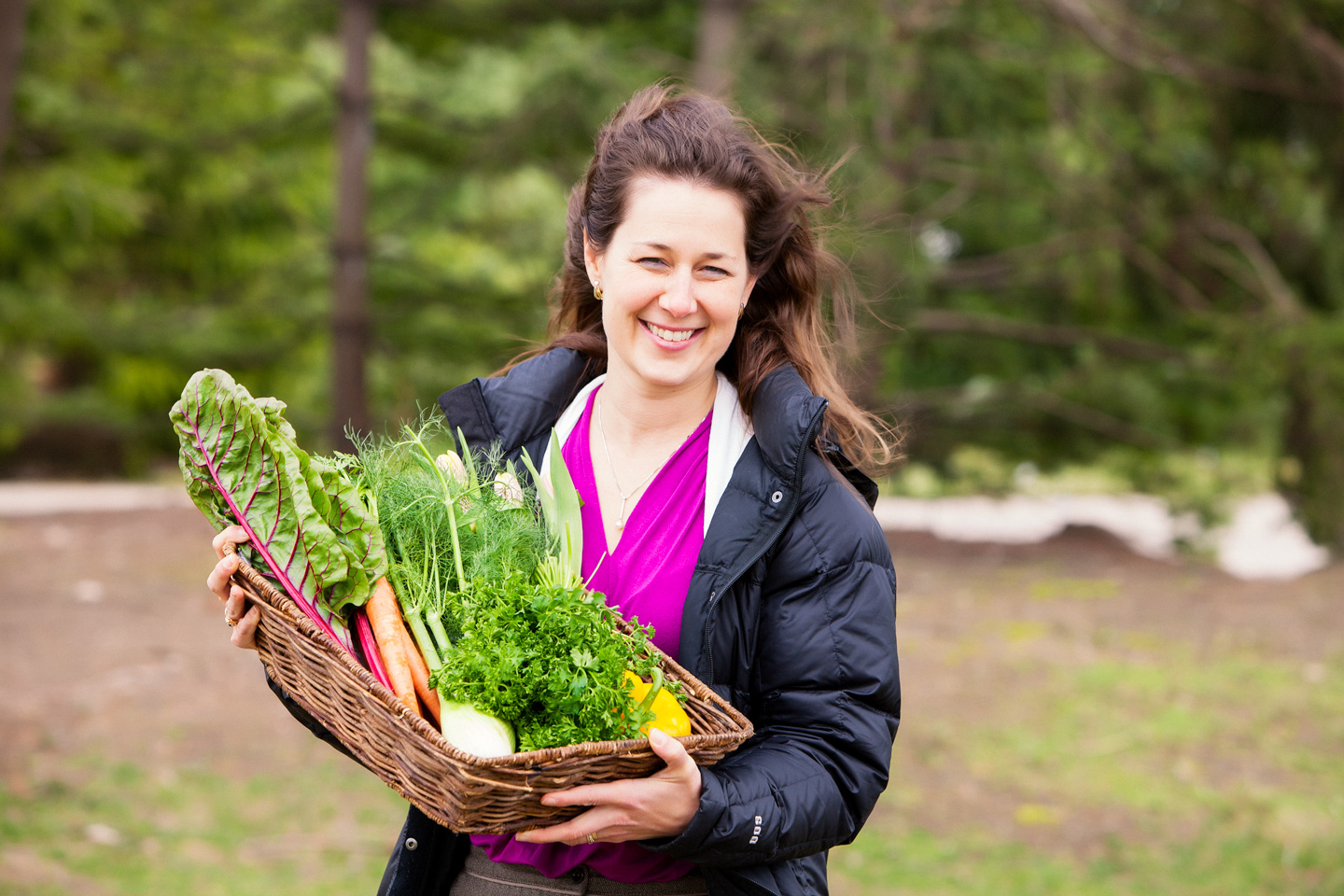I was raised on a sheep farm in Michigan’s Upper Peninsula in a small town called Pickford. This isn’t a phrase you hear very often especially from a Jewish girl, but nevertheless, it is the life my parents chose for me for the first 18 years of my life. We lived off of the land. Our farm produced everything we needed to fill our bodies with healthy, wholesome foods and we were deeply connected to the land on which we lived. Our garden produced more vegetables than our freezer could hold and we ate the lamb that we raised. My connection to food and where it comes from is rooted in my rich past and I am regularly reminded of it as the Passover season approaches.
As we break bread . . . for matzah
Matzah (unleavened bread) is the bread of affliction, the lechem oni, or the bread of poverty. The Jewish custom of eating matzah for seven or eight days (depending on your custom) during the holiday of Passover reminds us that we were once slaves in Egypt. It reminds us that we did not have the resources to diversify or even complete our meals in bondage. The act of eating matzah takes us back to a place and time when food and freedom were scarce. It is truly amazing that such a simple food can bring such a strong and important message about the journey of the Jewish people. In truth, it also offers a very modern message to us as Jews living in the 21st century.
Bondage and slavery can present themselves in many forms. The Israelites were literally slaves to the work of Pharaoh, but chains need not be present for us to feel as though we are victims of certain types of injustices today. When we consider the ways in which we access food on a daily basis, we realize quickly that sustainable, healthy, local, fair trade food is extremely difficult to find and even more difficult to find in less affluent areas.
In many ways, we are slaves to a food system that is not just and may even use unfair, illegal or unethical practices to create a product for our grocery store shelves with the single goal of turning a large profit. The way in which we access food in today’s world looks a lot different than it did even 50 years ago. Local family farms exist, but in smaller numbers; animals are raised in unimaginable conditions that don’t resemble traditional farm habitats at all; agricultural workers are treated and paid unfairly; and food is processed so far from its natural form that it doesn’t resemble real food any longer. We worry about pesticides and chemicals on a daily basis and we waste unbelievable amounts of food, fuels and resources on production. These are the things that keep me awake at night as I worry about which foods to offer my children and in what state we are leaving the planet for them.
There is no doubt that this message is concerning, and I don’t mean to be an alarmist, but I am hopeful that the Jewish community can work together to bring about real change. The Passover season is the perfect time to make a commitment to learn more about food justice and sustainability.
I recently had the opportunity to travel to Connecticut for Hazon’s yearly food conference held at The Isabella Freedman Jewish Retreat Center. I traveled there with my 8-year-old son with a goal in mind for the both of us to learn more about these issues through a Jewish lens. We both came away from the conference with a much better understanding of the ways in which we can work towards real change.
Detroit is now the home of a Hazon (Hazon means vision) satellite office thanks in large part to the generosity of the William Davidson Foundation. Hazon is committed to creating healthier and more sustainable communities in the Jewish world and beyond. Hazon’s presence will help us all understand the state of food justice locally and their leadership will connect us to materials, resources and hands-on opportunities for learning. In addition, their connections to local farms and food projects in the city of Detroit, as well as the larger Metro Detroit community, will allow us to participate, volunteer and be a part of the Jewish movement for change.
Getting ready for a Jewish Food Festival
On Sunday, August 28, Hazon Detroit will present a Jewish Food Festival to be held at Eastern Market. In the planning stages, this event is conceived as a community celebration and a great opportunity for adults and children of all ages to engage in conversations about food production, sustainability and issues specific to Jewish food consumption. The Detroit Jewish Food Festival will showcase many amazing local projects, entrepreneurs, chefs and activists who are committed to issues surrounding food justice.
As we celebrate our physical freedom this Passover season and retell the Exodus narrative, let us also remember that there is still work to be done. We have a holy obligation to repair the world, to engage in acts of tikkun olam and to leave the planet in better condition for our children. As we take our first bite of matzah on the Seder night, let us take a moment to reflect on where our food comes from, how it was produced and the nutrients it provides. Our journey as a Jewish people continues and as we look to a better future, let us commit to better practices when it comes to improving the health, accessibility and sustainability of our food and our planet.



